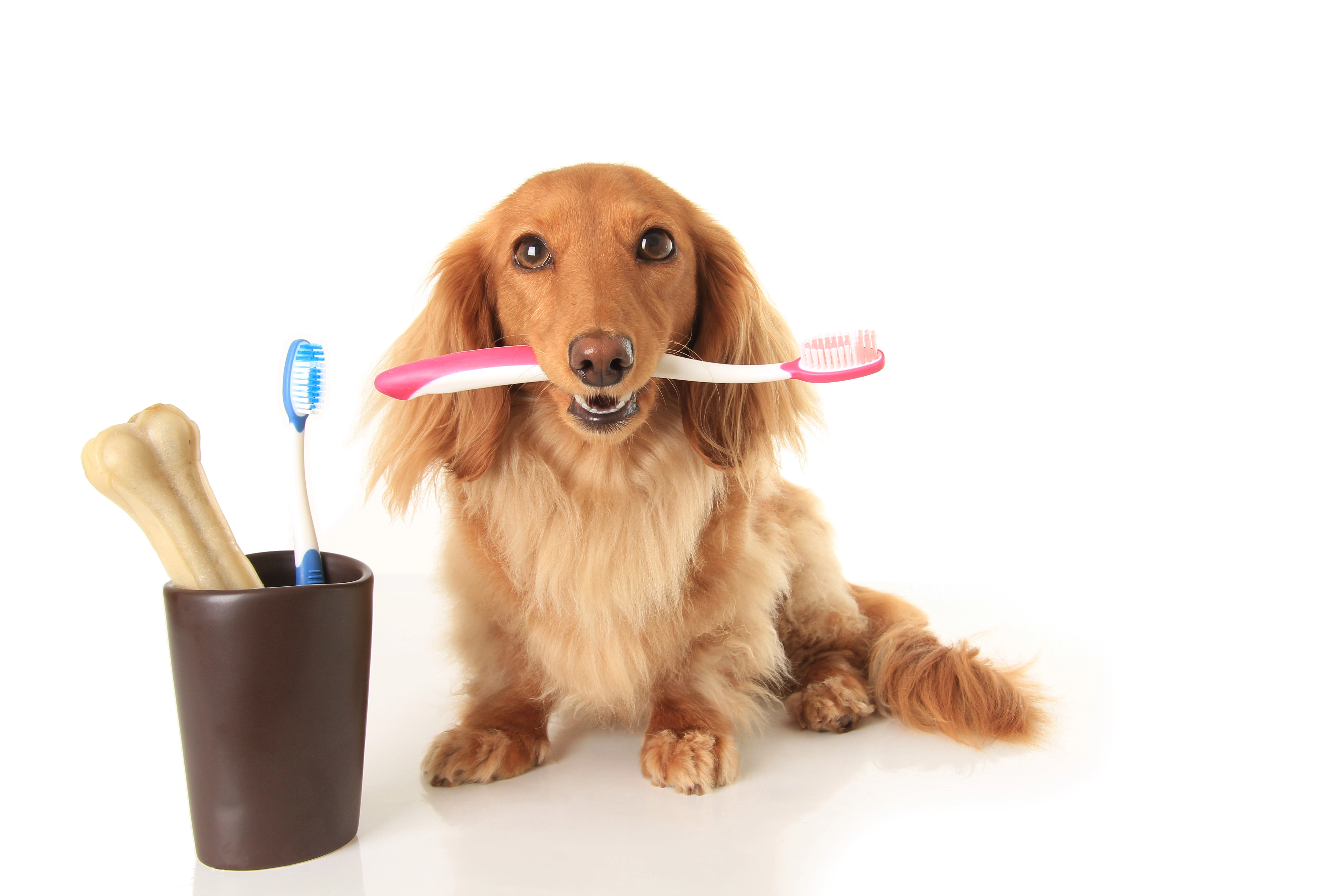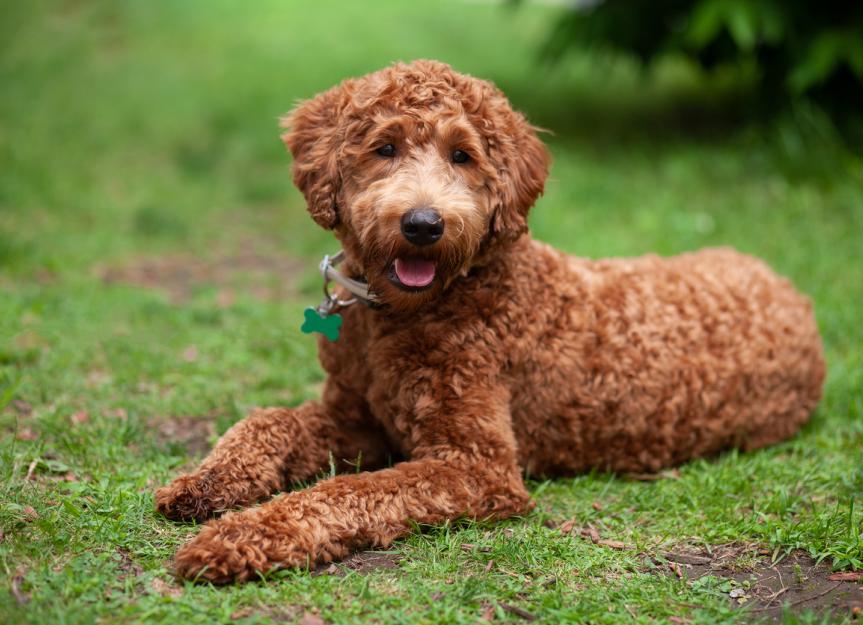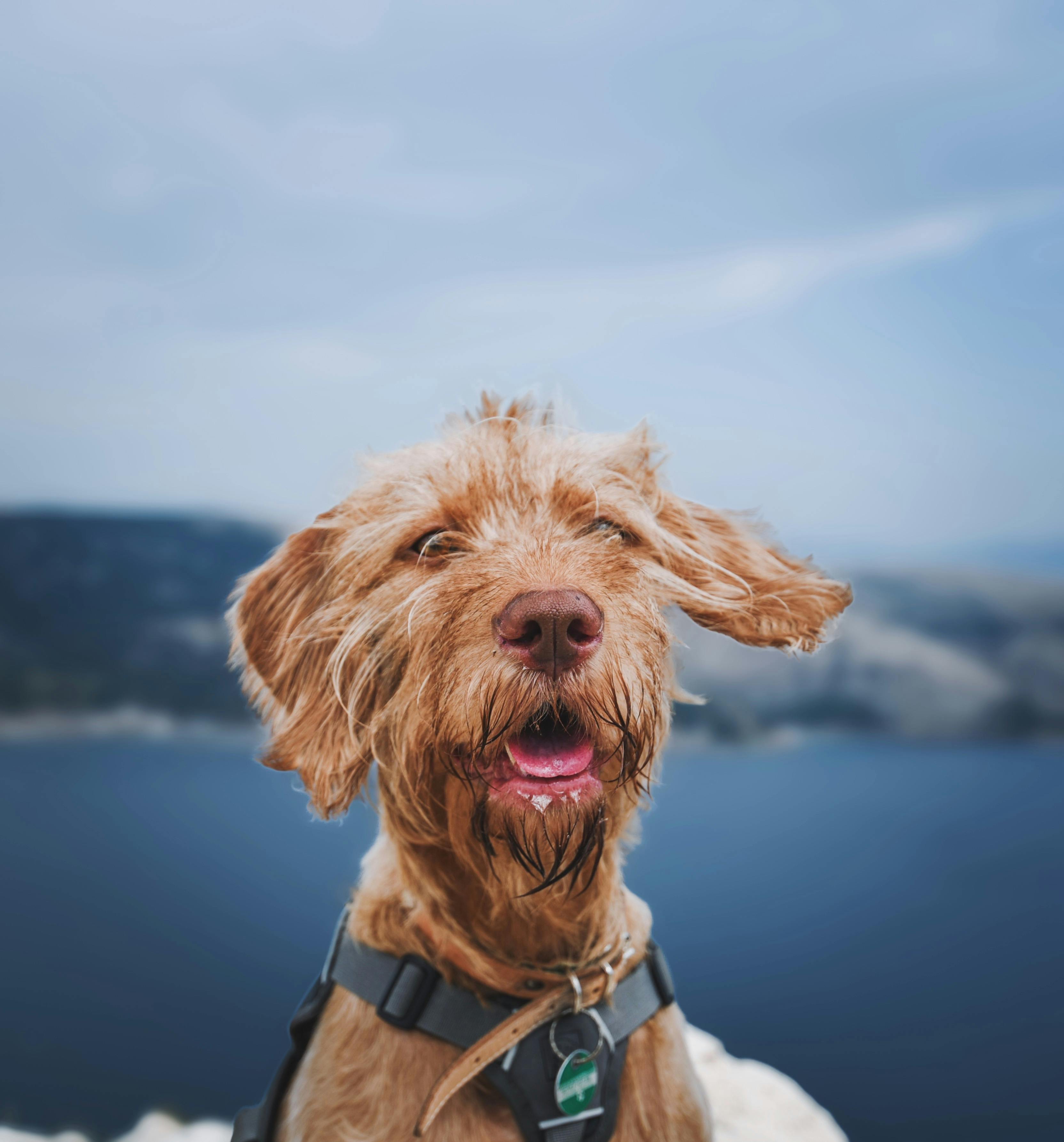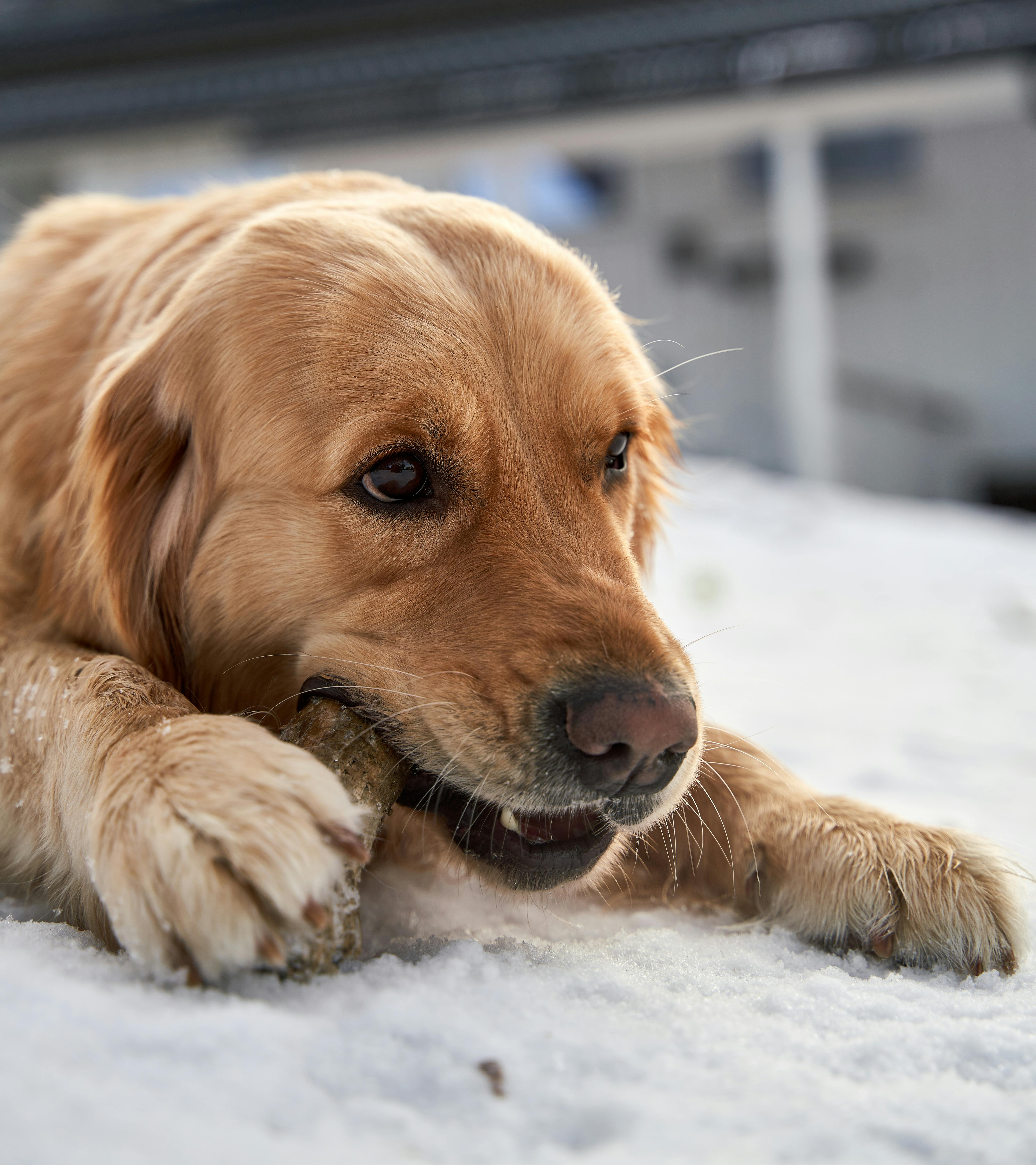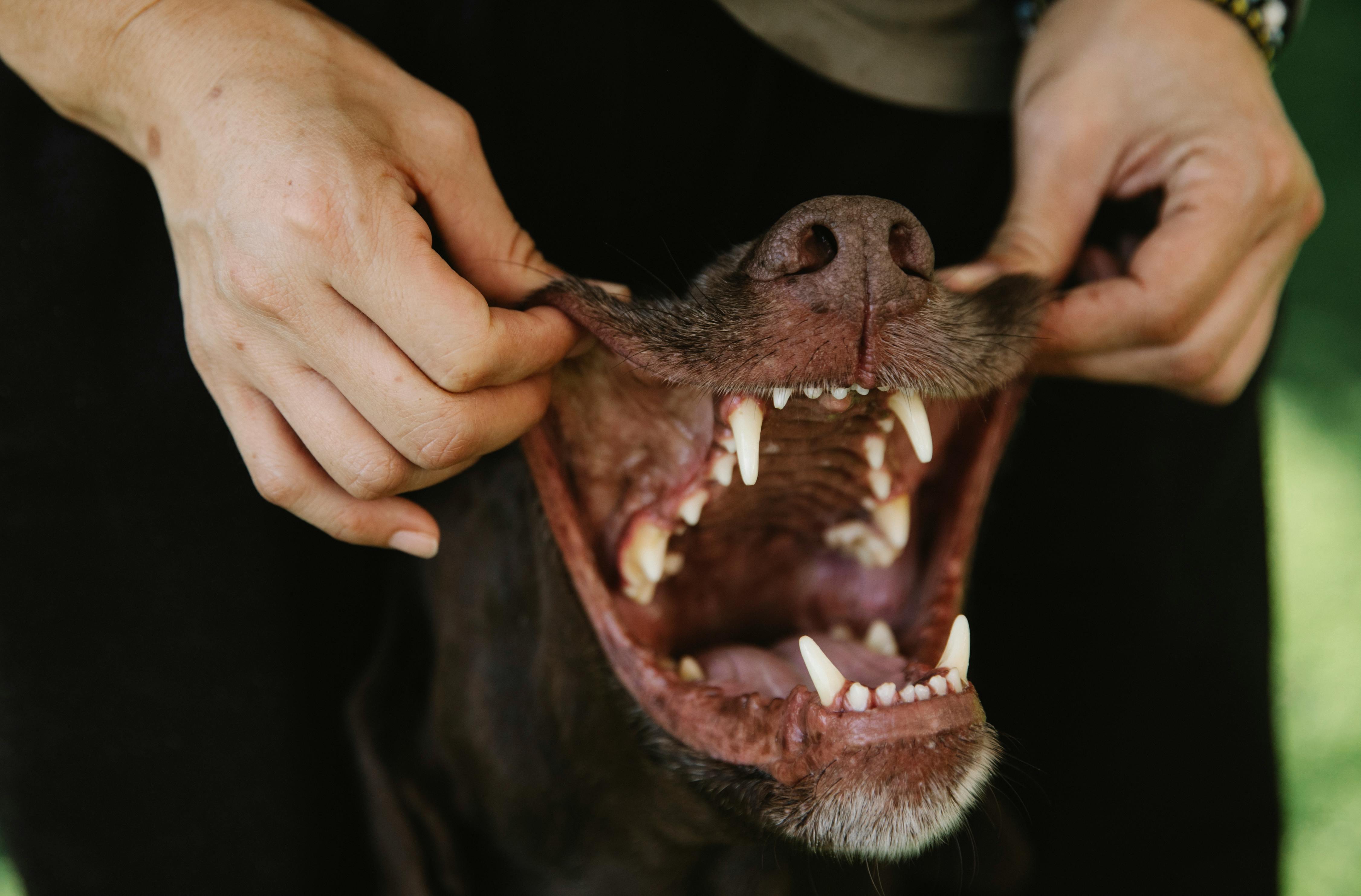Dental Care Guide: Puppy Edition
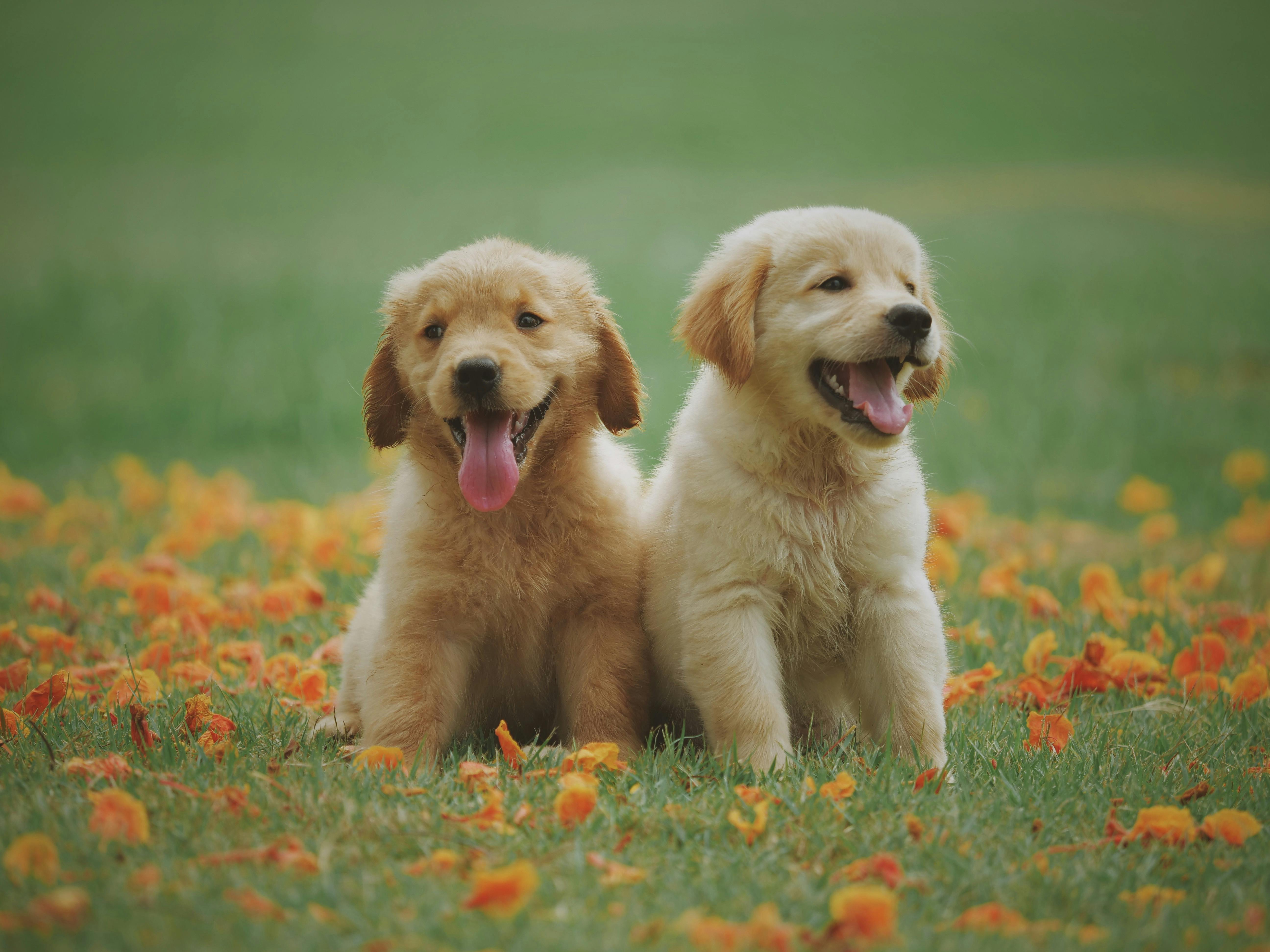
One crucial aspect of puppy care is looking after their teeth. This post will explore how to care for your puppy's teeth and establish a teeth-cleaning routine to ensure your furry friend maintains a healthy and radiant smile.
When to Begin Cleaning Your Puppy's Teeth
While your puppy's baby teeth will eventually fall out to make room for their adult teeth, you can gently brush them as early as 6 weeks old. This early introduction helps them get accustomed to toothbrushes and creates a foundation for at-home dental care and professional cleanings as they grow older. We call this process "toothbrush training."
Choosing the Right Toothbrush for Your Puppy
When shopping for your puppy's first toothbrush, consider dental kits that typically include a standard brush, a finger brush, and a tube of toothpaste. These kits offer multiple options, allowing you to experiment and find the toothbrush that your puppy prefers. We recommend starting with the finger brush, as teething puppies often favor it. The handle of a standard brush may be viewed as a chew toy, so it's better suited for slightly older puppies.
How to Brush Your Puppy's Teeth
Establishing a teeth-cleaning routine for your puppy should gradually be filled with praise and rewards. Over time, your puppy might become enthusiastic about toothbrushing; some may even fetch their toothbrush for you! Follow these steps to clean your puppy's teeth for the first time:
- Choose a quiet time in the morning before bed or right before an enjoyable activity like a walk. Sit with your puppy on a soft surface and approach them gently.
- Begin by applying a small amount of peanut butter or flavored dog toothpaste to your finger, allowing your puppy to lick it off. Shower them with praise and extra treats for their cooperation.
- As your puppy becomes more comfortable, apply toothpaste to a tooth using your finger. Give enthusiastic praise and follow up quickly with a rewarding activity or a high-value treat or toy.
- After several days, introduce a fingerbrush or toothbrush. Apply a pea-sized amount of dog toothpaste to the brush and let your puppy lick it. Then, gently place the brush under their lip and brush one tooth for a second or two. Praise your puppy and reward them with a fun activity or treat.
- Gradually increase the number of teeth you brush as your puppy becomes more at ease with the process. Aim to brush each side of their mouth for 10-15 seconds.
The goal is to brush your puppy's teeth every day, but even doing so 3-4 times a week will significantly contribute to maintaining a healthy mouth and preventing bacterial buildup.
Additional Tips for Puppy Teeth Cleaning
Apart from regular teeth brushing, there are other steps you can take to ensure your puppy's teeth and mouth stay healthy. Consider using water additives in your dog's water bowl daily to prevent bacteria buildup. Numerous options are available, so you can find the one that suits your pup best. Furthermore, you can explore natural remedies to combat lousy dog breath and maintain your puppy's oral hygiene, ensuring pleasant snuggle time filled with kisses.
Most puppies will have all their adult teeth by six months of age. We recommend scheduling your dog's first complete dental cleaning between 1 and 2 years old. Smaller breeds, such as Yorkies, are more susceptible to dental issues, so starting professional dental cleanings is crucial by the time they turn 2.
Fortunately, most dogs are ideal candidates for non-anesthetic dental cleanings, eliminating the need for sedatives, especially if you establish a dental care routine early in their life.
Get insurance plans with wide-ranging coverage options








